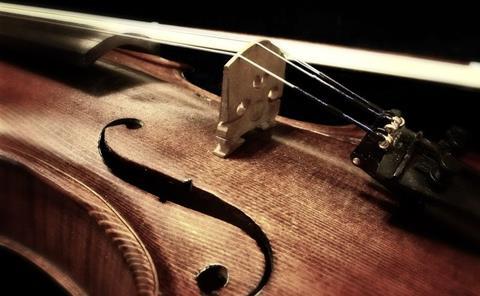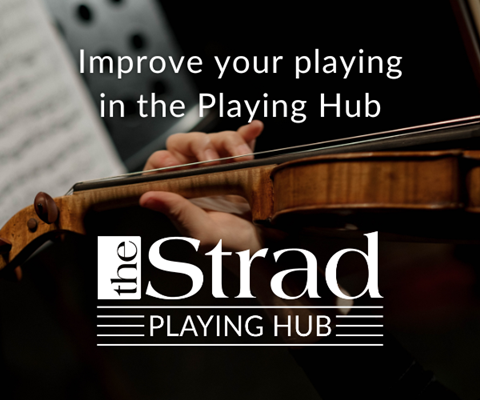Donna Maurer offers some points to consider when recording music for commercial use

Discover more Featured Stories like this in The Strad Playing Hub
Times have changed in terms of artists and what they need to sacrifice to make it. Older times called for musicians and singers to give up the rights to their music in order to sign with a record label. But now, technology has changed the tune of things.
As a violinist, there is a lot of room for your music to be used in other people’s songs as well as remixes, movies, and beyond. Understanding the importance of owning your masters is key. Let’s talk about it.
Owning Your Masters
The master recording is the original sound recording. This is different from publishing rights because publishing rights refer to the composition of the song. This could be adding lyrics or other instruments to the song.
Why You Should Own Your Masters
When you own your masters, you own your work. When you sign it away, you give it to a record label and no longer have any control over what happens to the song or what it is used for. This includes any money that is being made from it. New artists used to sign away the masters in order to get an advanced payment.
Long-term, this can end up hurting the artist for short-term money. Once the rights are signed away, this is forever. That is unless the artists were able to buy back the masters. This doesn’t happen often. Even if the song makes the label the same amount of money that was paid to the artist, the label will continue collecting profits and royalties.
When you own your master, you can take advantage of all the following scenarios:
Read: Analysis April 2021: How viable is live streaming?
Read: Cellist Zoë Keating publishes 2013 earnings through iTunes, Spotify and YouTube
-
You Can License For Sampling
As a violinist, it would not be surprising to learn that other artists, especially vocalists, want to use your work for their songs. This is often the ultimate goal for a violinist to have their music picked up by a well-respected artist.
-
License to Movies or TV Shows
Popular movies often use instrumental music to open an important scene. It would be a shame for a violinist not to be able to make royalties on a movie deal because a record company owns the work.
-
Control Over Partnerships with Commercials
Commercials are another big area where violinists may be able to capitalise on their own royalties. It’s also important to be able to choose what commercials your music represents and is used for.
-
Earn Royalties Whenever Streamed
Streaming is the way of music in today’s world, whether it be on Pandora, Apple Music, or Spotify, you get paid for your hard-earned work. This also includes any time it is played on the radio or sold as a CD or record.
Let’s not forget YouTube’s rights for licensing. YouTube pays artists and influencers per stream based on the size of their audience. Not only is it a great way to become discoverable, but also a platform that allows artists to work directly with them to make money.
-
Keep The Music For Your Intentions
Music today means so much more than lyrics and sound. Artists have an entire brand and image with the power of social platforms. When you own your music, you can choose who to work with and what your master is used for. In other words, you don’t have to align yourself with anything or anyone you don’t want to.
Thinking Long Term
The reasons for signing with a record label are starting to become less relevant in today’s society. Artists and violinists can become self-discoverable with access to technology and social media platforms. Before, the idea was to sign with a record label to become discoverable. The trade-off for this was a small check and giving away your music.
Now with a little bit of patience, you can forgo this step altogether if that is the path you want to take. Record labels are having to come up with different avenues because they don’t hold all the power anymore. Having said that, there is some value to signing with one. You just have to find the right deal.
Read: The Art of Vibrato: Techniques and Tips for Violinists
Read: Elgar Cello Concerto: The classic interpretation
Read more Featured Stories like this in The Strad Playing Hub












































No comments yet